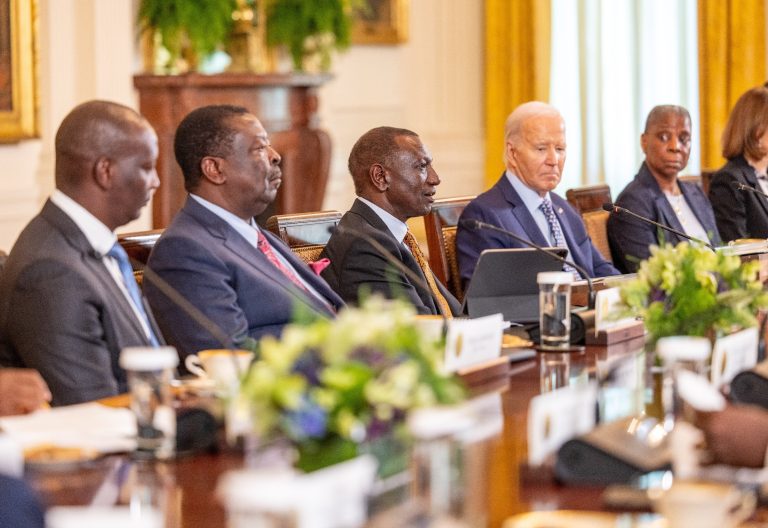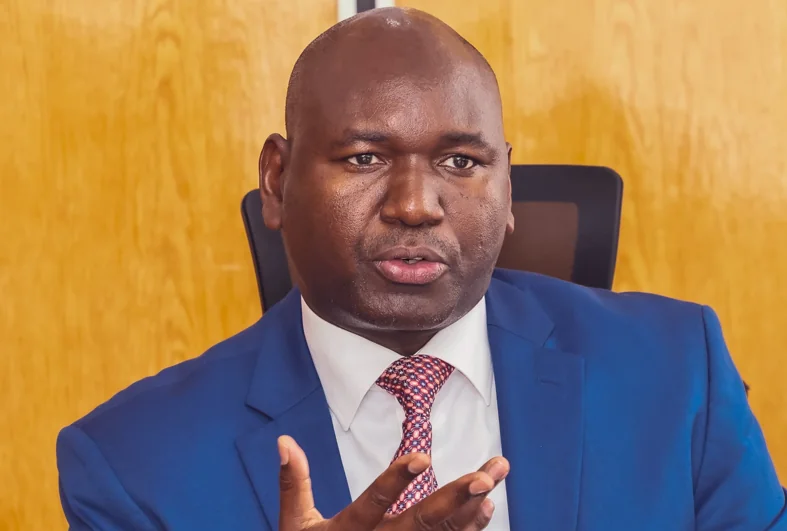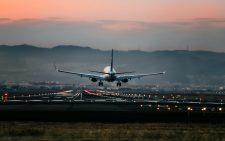State on the spot over hefty travel allowances

Details have emerged of how the government has been splashing billions of taxpayers’ money on per diem for public servants as the economy struggled.
The uncontrolled expenditure comes at a time when Kenya’s fiscal status is wanting and the risk of debt distress is high.
Statistics show that when civil servants travel to the US, they are entitled to about $513 (Ksh66,317) per person per day.
A World Bank advisory recommends that the allowances be reviewed to curb the misuse of public resources. Government expenditure on allowances accounted for 14 per cent of total expenditures in FY2022/23.
The Bank stated that about 60 per cent of wage expenditures are directed towards salaries for permanent employees and elected or appointed officials, while 30 per cent are allocated to remunerative allowances and 10 per cent to facilitative allowances.
Lack of standardisation and control, the global lender warned, as well as inadequate adherence to the Salaries and Remuneration Commission (SRC) guidelines on remuneration and allowances, have contributed to the overuse of allowances.
“A critical issue in the current remunerative allowance practice is the market adjustment component that is potentially leading to double compensation. The original intent of the market adjustment was to ensure that compensation reflected prevailing market rates for specific skills until these rates could be incorporated into the basic salary. This adjustment is now being captured in the market adjustment and basic salary, however, leading to potential double counting,” World Bank said in the Policy for Growth and Job document.
According to the advisory, the overuse of facilitative allowances in the public sector leads to significant inefficiencies in both the wage bill and the civil service.
Undermines productivity
“These allowances have been used to supplement basic pay rather than as rewards for specific jobs or work performance. This undermines productivity as staff are frequently absent from their duty stations since the system creates incentives to seek per diems,” it added.
World Bank said that in the fiscal year 2022/23, spending on Daily Subsistence Allowance (DSA) amounted to Ksh6.2 billion, about 32 per cent of the total Ksh19.6 billion directed to travel-related expenditures.
“Audit findings from the Office of the Auditor General indicate widespread overuse of DSA, which fails to meet value-for-money standards. The per diem practice has led to the proliferation of committees, meetings, and delays in administrative processes and decision-making,” the policy document said.
World Bank advised that to enhance efficiency, travel frequency and in-country workshop locations should be regulated, budget ceilings for travel and conference expenses reviewed, and DSA standardised across job grades to the extent possible.
“If the per diem and accommodation rates are standardised across all job groups using rates from Ministries, Departments and Agencies, the average daily cost per officer drops to $326 (Ksh42,162), a saving of $187 (Ksh24,187) per day. If the rates are standardised across all job groups using the UNDP rate, the average daily cost per officer is $460, a saving of $53 per day relative to the current average expenditure,” the policy read in part.















